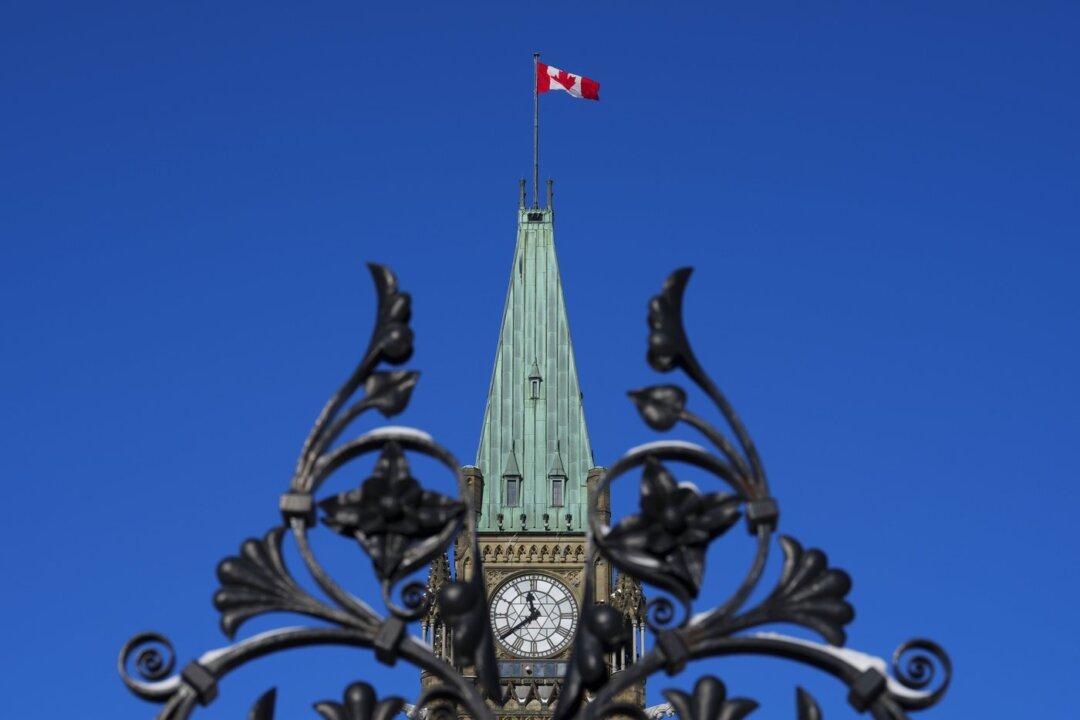The commissioner presiding over the public inquiry into foreign interference by countries like China is promising to reveal as much information as possible to Canadians.
The Public Inquiry into Foreign Interference, in a Nov. 2 statement, says it aims to “maximize” public disclosures of the information it obtains while following the law and protecting national security.





